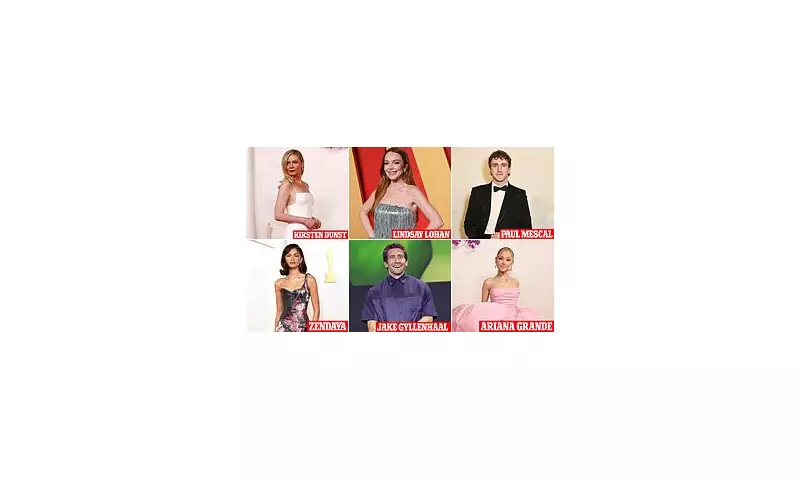
In a revelation that has left Hollywood insiders both amused and astonished, acclaimed actress Kirsten Dunst has exposed one of the entertainment industry's most persistent and embarrassing secrets: celebrities consistently fail to pronounce her name correctly.
The Spider-Man and Fargo star confessed that despite her decades in the spotlight, the mispronunciation of her simple Dutch name has become an unavoidable part of her professional life. "It happens all the time," Dunst revealed with a mixture of amusement and resignation.
The Celebrity Pronunciation Epidemic
What makes this phenomenon particularly striking is that the offenders aren't unfamiliar members of the public, but rather fellow A-list celebrities and industry power players who really should know better. Dunst described numerous cringe-worthy encounters at high-profile events where colleagues she's worked with for years still stumble over her two-syllable name.
The correct pronunciation—'Kear-sten' with a clear emphasis on the first syllable—seems to elude even the most sophisticated Hollywood tongues, with many opting for the incorrect 'Kur-sten' or other creative variations that leave the actress politely correcting them for the umpteenth time.
Why It Matters in Hollywood
This isn't just about personal annoyance—name pronunciation carries significant weight in an industry built on personal branding and recognition. For actors and public figures, their name is their most fundamental professional identifier, and getting it right is a basic sign of respect.
Dunst's experience highlights a broader industry pattern where even the most established stars can fall victim to casual professional disregard. It raises questions about industry etiquette and whether the Hollywood elite extend the same courtesy to colleagues as they expect for themselves.
The Psychology of Name Mispronunciation
Psychologists suggest that consistent name mispronunciation, even when unintentional, can have subtle effects on professional relationships and personal identity. When someone's name is repeatedly said incorrectly, it can create a sense of otherness and undermine the personal connection that's crucial in collaborative industries like filmmaking.
Dunst's good-humoured approach to the situation—choosing to laugh rather than take offense—demonstrates a level of professionalism that many of her colleagues might do well to emulate in their own interactions.
As this story spreads through entertainment circles, it serves as a timely reminder that in an industry obsessed with details, getting someone's name right remains the simplest yet most powerful form of professional respect.





